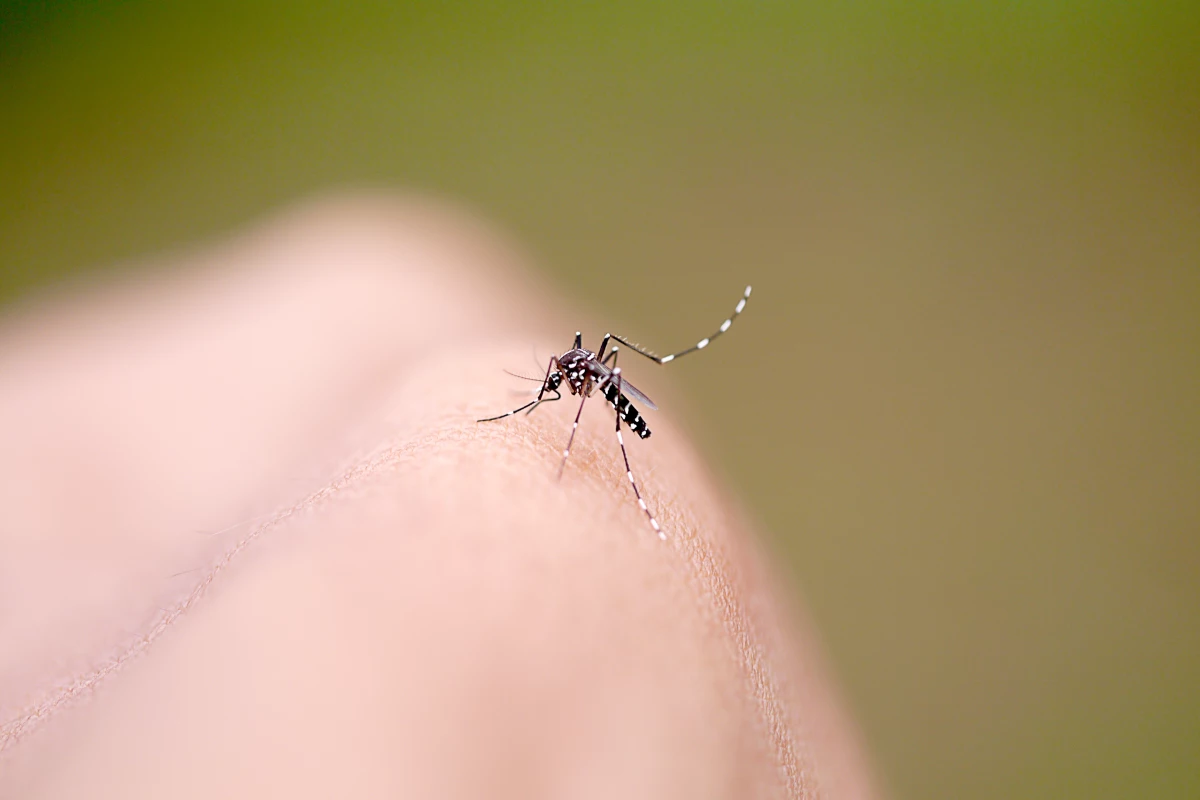In the first big real-world test for monoclonal antibodies against malaria a new study has reported extraordinarily promising results, with a novel therapy found to be 88.2% effective at preventing infections across a six-month period. The results add to a growing body of research focusing on antibody therapy as a tool to fight malaria.
As the world's first malaria vaccine began its roll-out last year in Africa, several major philanthropic organizations began to question whether the vaccine's efficacy was good enough for a wide roll out. With trials finding the vaccine may only prevent 30% of infections in children, non-profit organizations such as the Bill and Melinda Gates Foundation ultimately diverted funding from vaccine deployment into other malaria prevention studies.
While work on malaria vaccines continues, some research attention is shifting to monoclonal antibody therapies. These therapies focus on directly delivering substantial volumes of potent protective antibodies to a person, instead of using a vaccine to prompt the immune system to produce its own antibodies.
Monoclonal antibodies are effective tools because the antibodies administered can be explicitly optimized to target certain antigens. However, they are not long-lasting therapies. The antibodies degrade over time, and treatments are often only effective for several months.
This new research focuses on an antibody dubbed CIS43LS. The antibody was first isolated from a patient who had received an experimental malaria vaccine and it was then modified so it wouldn't degrade too rapidly.
In a Phase 2 trial, the first big real-world test for malaria-preventing monoclonal antibodies, 330 healthy adults were evenly split into three groups: low- and high-dose antibody groups and a placebo. The trial took place over the six-month rainy season in rural communities in Mali, Africa.
The trial found the highest dose of the antibody was 88.2% effective at preventing malaria infections over the six-month study compared to placebo. The lowest dose was 75% effective at preventing infection.
“These first field results demonstrating that a monoclonal antibody safely provides high-level protection against intense malaria transmission in healthy adults pave the way for further studies to determine if such an intervention can prevent malaria infection in infants, children, and pregnant women,” explained Robert Seder, one of the lead researchers working on the antibody project. “We hope monoclonal antibodies will transform malaria prevention in endemic regions.”
The trial is a strong proof-of-concept showing how effective monoclonal antibodies could be at preventing malaria infections. But it's unlikely CIS43LS will be the treatment that ultimately reaches clinical use.
In its current form the treatment needs to be administered via intravenous infusion. However, the researchers have already developed a second, more potent, form of the antibody dubbed L9LS.
This next-generation L9LS antibody can be administered as a subcutaneous injection, making it a much more scalable treatment, especially in more remote communities. Phase 1 trials have already been completed, with promising results paving the way for larger Phase 2 trials currently underway.
Because monoclonal antibodies are only effective for a short period of time they will never serve as a replacement for vaccines. The researchers do speculate a number of valuable uses for monoclonal antibodies, especially in the short-term while more efficacious vaccines are being developed.
"A single dose of a monoclonal antibody that prevents infection for up to six months could be administered before each malaria season for at-risk children and in early pregnancy, complementing chemoprevention and other control measures," the researchers noted in the study. "Monoclonal antibodies could potentially be used in combination with mass drug administration and other countermeasures for malaria elimination. Finally, for travelers to areas in which malaria is endemic, monoclonal antibodies could provide an alternative to chemoprophylaxis that can be associated with side effects and inadequate adherence."
The new study was published in The New England Journal of Medicine.
Source: NIH




